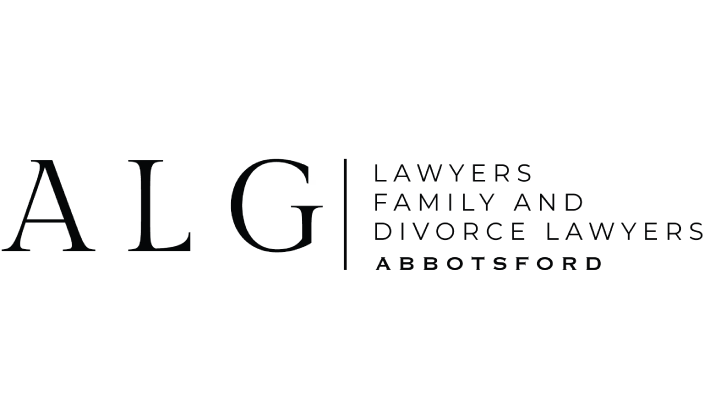One of the first questions people often ask after a loved one passes away is: “Does the will have to go through probate?” It’s a fair question — especially when you’re trying to settle an estate during a difficult time. In British Columbia, not all wills need to be probated, but many do. Whether or not probate is required depends on the types of assets involved, how they were owned, and whether there are named beneficiaries.
In this post, we’ll walk through common situations where probate is required, where it may be avoided, and what that looks like in real life — all from a BC legal perspective.
What Is Probate?
Probate is the legal process of confirming that a will is valid and giving the executor the authority to carry out the instructions in the will. In British Columbia, this is done through the Supreme Court of BC.
When granted, a probate order gives the executor the legal authority to access and distribute the deceased person’s assets, such as bank accounts, real estate, and investments.
Situations Where Probate Is Required
In BC, probate is typically required in the following scenarios:
- Sole ownership of real estate: If the deceased owned property in their name alone, the Land Title Office will not allow it to be transferred without probate.
- Large bank or investment accounts: Most financial institutions in BC will require probate before they release assets if the value exceeds a certain threshold (which can vary by institution).
- No designated beneficiaries: If the will names individuals to inherit assets like RRSPs or life insurance, but no separate beneficiary designation form was completed, probate is often required.
- Concerns about the validity of the will: If someone is contesting the will or if there is confusion about whether the will is the final version, the court process helps resolve those issues.
When Probate May Be Avoided
There are several situations where probate might not be necessary, especially with good planning:
1. Joint Ownership with Right of Survivorship
Assets such as joint bank accounts or a home jointly owned with a spouse often pass directly to the surviving owner without probate. This is called the right of survivorship.
Example: Mary and John own a home together as joint tenants. When John passes away, Mary automatically becomes the sole owner. No probate is needed for that asset.
Important: Joint ownership must be genuine. Adding someone to title “for convenience” can create legal issues and may still require probate if challenged.
2. Designated Beneficiaries on Registered Accounts
Certain types of accounts allow for designated beneficiaries, which can help avoid probate:
- RRSPs
- RRIFs
- TFSAs
- Life insurance policies
Example: If Ravi names his daughter as the beneficiary of his RRSP, that account will go directly to her and won’t be part of the probate estate.
3. Small Estates
In BC, there is no formal “small estate” exemption, but in practice, some institutions may waive the probate requirement for modest estates (e.g., under $25,000–$50,000). However, this depends entirely on the bank or investment company’s internal policies.
Real-Life Scenarios
Here are some simplified examples to help illustrate when probate is and isn’t required.
No Probate Required – Scenario 1: Joint Ownership & Beneficiaries
Susan passes away and leaves behind:
- A home owned jointly with her spouse (passes automatically)
- A TFSA with a named beneficiary (passes directly)
- A joint chequing account (passes to surviving account holder)
Result: No probate needed.
Probate Required – Scenario 2: Sole-Owned Assets
Raj dies leaving:
- A will naming his two children as executors
- A condo in his name only
- A $75,000 investment account with no beneficiary
Result: Probate is required to transfer the condo and access the investment account.
Maybe Required – Scenario 3: Modest Estate
Emily dies with:
- A $20,000 savings account
- No real estate
- A will naming her niece as executor
Result: The niece may be able to convince the bank to release the funds without probate, but it depends on the bank’s policy.
Key Takeaways
- Not all wills need to go through probate in BC, but many do — especially when real estate or significant financial assets are involved.
- Joint ownership and designated beneficiaries are the most common ways to avoid probate.
- Each situation is unique, and institutions may have different requirements.
- Planning ahead can help reduce probate costs and delays for your loved ones.
Need Help Navigating Probate?
If you’re not sure whether probate is needed in your situation, or you’re managing an estate and would like trusted legal guidance, ALG Lawyers is here to help. Our experienced probate and estate lawyers work with clients across Abbotsford, Burnaby, Surrey, and Vancouver.
Contact ALG Lawyers today to schedule a consultation.
Additional Reading
For more insights on this topic, we recommend exploring:
- What is Probate in BC? – ALG Blog
- How Long does Probate Take in BC? – ALG Blog
- Probate Fees in BC – ALG Blog






